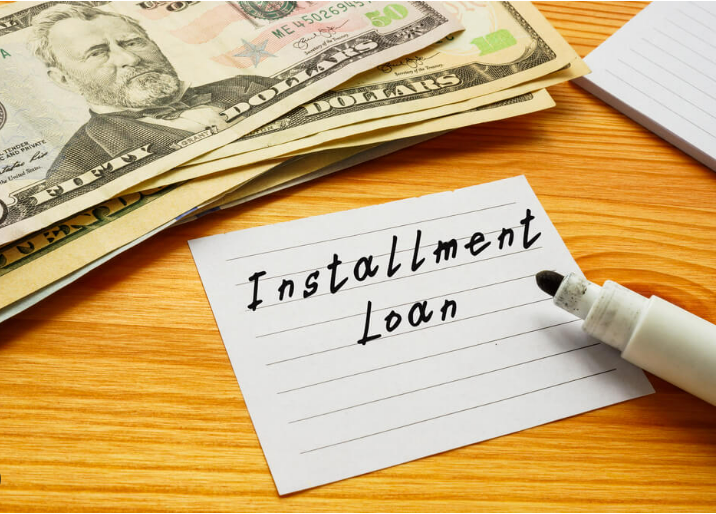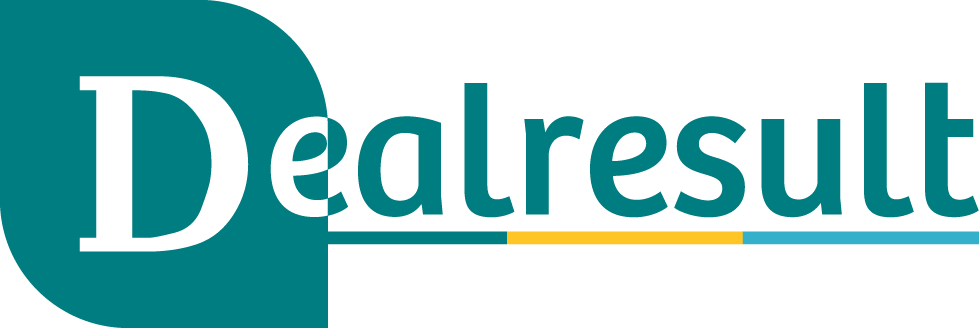How Does a Signature Loan Work?

If you need a loan without requiring collateral, a signature loan might be a suitable option. Signature loans are versatile and can be used for a variety of purposes. Additionally, you could receive funds quickly, with some lenders disbursing them on the same business day.
However, signature loans come with their drawbacks. Some lenders may impose fees, and you might face a higher interest rate. Before applying, it’s essential to review the terms and conditions of the loan to ensure it aligns with your needs.
What is a signature loan?
A signature loan is an unsecured personal loan that doesn’t require collateral, such as a bank account or property, which a lender could claim if you default on the loan. Instead, the loan is secured by your signature, which is a legal commitment to repay the borrowed funds.
Due to its unsecured nature, this type of loan generally comes with a higher interest rate compared to secured loans like mortgages or auto loans. However, the average interest rate for signature loans is usually lower than that of credit cards.
Signature loan funds are versatile and can be used for various purposes, including medical emergencies, debt consolidation, or significant life events.
How does a signature loan work?
When applying for a signature loan, the lender will evaluate your credit history, income, and credit score to decide if you qualify. These factors also influence the interest rate and loan amount you are offered.
If approved, you will receive a lump sum of cash, which you will repay, along with interest, over a specified period. This repayment period typically ranges from 24 to 60 months or longer.
Is a signature loan different from a personal loan?
A signature loan is a specific type of personal loan. While “personal loan” is a broad term encompassing various loan types such as secured loans, unsecured loans, debt consolidation loans, and variable-rate loans, a signature loan is an unsecured personal loan that does not require collateral.
What are the best uses of a signature loan?
The ideal use of a signature loan varies based on your individual financial situation. Here are some scenarios where opting for a signature loan could be beneficial:
Debt consolidation
If you’re dealing with high-interest debt, such as credit card balances, using a signature loan for debt consolidation can be a smart move. By consolidating your existing debts with a new loan that has a lower interest rate, you could significantly reduce the amount you spend on interest.
Emergencies
Signature loans are also useful for covering unexpected expenses, such as medical emergencies, car repairs, or urgent home maintenance. If you don’t have an emergency fund or the costs are too high to handle immediately, you might be able to access funds quickly through a signature loan.
Major life events
For significant expenses like a wedding, moving to a new state, or hosting a large anniversary party, a signature loan could provide the necessary funds. Just ensure that you borrow only what you can comfortably repay.
Where can you get a signature loan?
You can obtain a signature loan from various financial institutions, including banks, credit unions, and online lenders.
Banks
Traditional banks offer signature loans. If you have an existing relationship with a bank, contact their customer service department to inquire about signature personal loans and potential discounts for being a current customer. You can also call the bank directly to ask if they provide unsecured personal loans.
Credit unions
Some credit unions offer signature loans, often with lower interest rates compared to banks. For instance, in the fourth quarter of 2022, the average rate for a three-year unsecured personal loan at a credit union was 9.66 percent, according to The National Credit Union Administration. In comparison, the average rate at a bank for a similar loan was 10.40 percent.
To obtain a personal loan from a credit union, you typically need to be a member or apply for membership.
Online lenders
Many online lenders provide unsecured personal loans. You can find these options by visiting online marketplaces or searching for individual lenders. One benefit of applying with an online lender is that most offer prequalification, allowing you to check estimated rates and terms without affecting your credit score.
How much can you borrow on a signature loan?

Although limits can vary by lender, you can typically borrow up to $50,000 with a signature loan, according to Experian. In some cases, lenders may offer up to $100,000.
The amount you can borrow is influenced by factors such as your credit score and income. Generally, signature loan amounts are lower compared to secured loans because there is no collateral backing the loan in case of default.
Pros and cons of signature loans
Before taking out a signature loan, weigh the pros and cons carefully.
Pros
- Quick Funding: Need money fast? Some lenders may provide funds the same business day or within a few days of approval.
- No Collateral Required: As an unsecured loan, a signature loan doesn’t require you to pledge assets like your car or home.
- Lower Interest Rates than Credit Cards: Typically, personal loan interest rates are lower than those of credit cards.
Cons
- Fees: Some lenders charge fees such as origination fees, late fees, and prepayment penalties, which can significantly increase your costs.
- Potentially High Interest Rates: With poor credit, you may face higher interest rates, and some lenders advertise rates above 30 percent.
- Impact on Credit Score: Missing payments by over 30 days can severely damage your credit score, affecting your ability to secure future loans.
How to get a signature loan
If you decide a signature loan is right for you, follow these steps to secure one:
- Review Your Credit Report: Check your credit reports for accuracy before applying. You can get a free report weekly from AnnualCreditReport.com. Dispute any errors with the credit agencies to ensure your report reflects accurate information.
- Prequalify with Multiple Lenders: Explore your options by prequalifying with several lenders. This involves a soft credit check that won’t impact your credit score. Prequalification will provide you with estimated rates and terms, helping you compare offers.
- Submit a Formal Application: Choose your lender and complete a formal application. Be prepared to provide personal and financial details, such as your name, employer, Social Security number (SSN), income, and bank statements.
- Sign the Loan Agreement and Receive Funds: If approved, the lender will send you a loan agreement. Review the terms carefully and sign if you agree. The lender will then deposit the funds into your bank account, typically within a few business days.
- Repay Your Loan: Adhere to the repayment schedule to avoid late fees and potential damage to your credit score. Consider setting up auto-pay or using a spreadsheet to keep track of due dates and ensure timely payments.
MORE FROM dealresult.com












